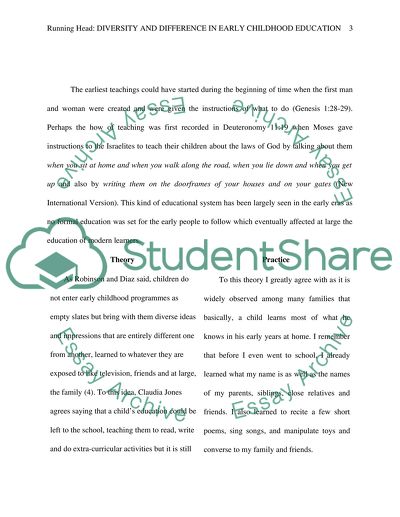Cite this document
(“Diversity and Difference in Early Childhood Education Research Proposal - 3”, n.d.)
Diversity and Difference in Early Childhood Education Research Proposal - 3. Retrieved from https://studentshare.org/education/1571858-reflective-essay
Diversity and Difference in Early Childhood Education Research Proposal - 3. Retrieved from https://studentshare.org/education/1571858-reflective-essay
(Diversity and Difference in Early Childhood Education Research Proposal - 3)
Diversity and Difference in Early Childhood Education Research Proposal - 3. https://studentshare.org/education/1571858-reflective-essay.
Diversity and Difference in Early Childhood Education Research Proposal - 3. https://studentshare.org/education/1571858-reflective-essay.
“Diversity and Difference in Early Childhood Education Research Proposal - 3”, n.d. https://studentshare.org/education/1571858-reflective-essay.


